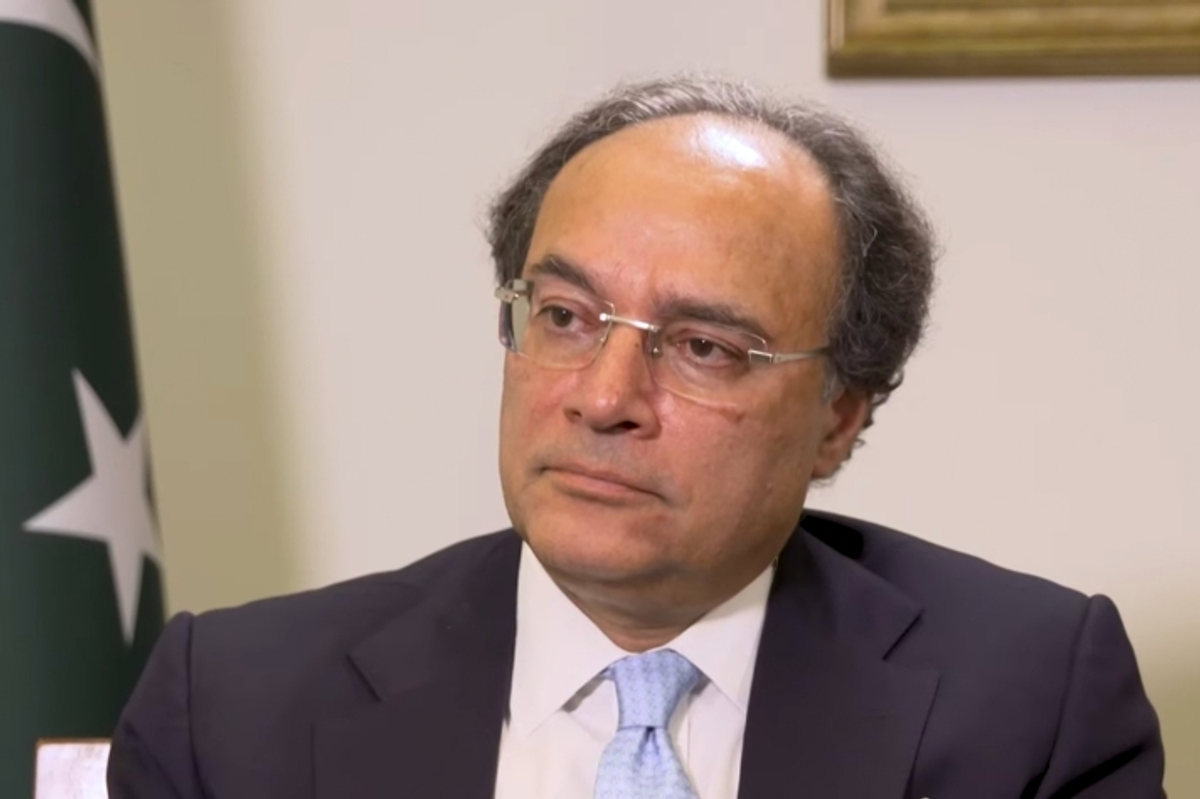Pakistan to eliminate 150,000 vacant government positions
60 departments within the Ministry of Science and Technology to be merged or abolished
Business Desk
The Business Desk tracks economic trends, market movements, and business developments, offering analysis of both local and global financial news.

Pakistan has announced plans to eliminate 150,000 vacant positions across various ministries and departments, Finance Minister Muhammad Aurangzeb said on Tuesday.
The move is part of a broader effort to reduce government expenses and improve resource allocation.
During a press conference, Aurangzeb stated that the cash balances of ministries would be reviewed to ensure that funds are not unnecessarily tied up.
In the first phase, six ministries — including those for Kashmir, Gilgit-Baltistan, and SAFRON — will be merged. Additionally, 80 departments will be consolidated into 40.
The second phase will see the merger or abolition of 60 departments within the Ministry of Science and Technology.
Aurangzeb emphasized that extensive hours have been spent reviewing each ministry and its related departments to determine which operations should be transferred to provincial authorities.
The minister highlighted that a committee formed by the prime minister has been working for six months to reduce government expenses.
The committee has reviewed 43 ministries and 400 departments, aiming to cut costs.
Aurangzeb also announced that the prime minister would inaugurate a modern customs system in Karachi on Wednesday as part of the government's push towards technological transformation in the Federal Board of Revenue (FBR).
He stressed the importance of economic stability, noting that right-sizing the government is crucial for the economy. Measures to reduce expenses are expected to be completed by the end of June.
Aurangzeb assured the nation that the government is committed to practical reforms, including pension reforms, and is working to halt increase in pension liabilities.
He also pointed out that government institutions have incurred a loss of PKR 6 trillion over the past decade, questioning how long the budget and the people can bear such losses.
Aurangzeb concluded by stating that institutions that have been in loss for decades are now being given a year's grace to rectify their financial situations.
Key decisions and outcomes
1. Streamlined government structure:
○ Over 150,000 vacant posts (60%) will be abolished or declared redundant.
○ Contingency roles and lower-grade positions will be significantly reduced.
○ Non-core services like cleaning, plumbing, and gardening will be outsourced.
2. Financial consolidation:
○ Recommendations address the federal government expenditure (PKR 876 billion).
3. Ministry-specific outcomes:
Entities to be reduced from 80 to 40 as following:
○ Kashmir Affairs, SAFRON merged, CADD abolished: from 8 entities to 4
○ IT & Telecom: from 11 to 10
○ Industries & Production: from 31 to 6
○ National Health Services: from 30 to 20
4. Enhanced service delivery:
○ Citizens will benefit from faster, more efficient services enabled by digitization and improved governance structures.
5. Regulatory reforms:
o Proposed amendments to the Civil Servants Act to align governance practices with modern needs.










Comments
See what people are discussing